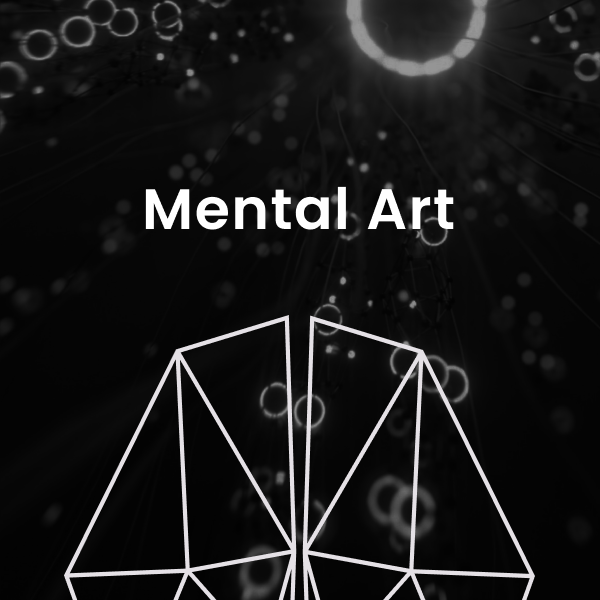

Reimagining Sleep: The Balance of Light, Life, and Well-Being
11/23/2023In today's world, it is disappointing to note that a significant number of adults are suffering from chronic sleep deprivation. Astonishingly, statistics reveal that one in three adults falls into this category, highlighting the widespread nature of this issue. The consequences of inadequate sleep are far-reaching and can have a detrimental impact on both physical and mental well-being.
Sleep is widely recognized as a crucial aspect of our daily lives. It plays a vital role in maintaining our overall well-being and is often considered the cornerstone of good health. Adequate sleep is essential for various bodily functions, including physical and mental restoration, memory consolidation, and immune system regulation. The significance of sleep cannot be overstated. It is during this restful period that our bodies repair and rejuvenate themselves.
However, sometimes sleep slips from our grasp, and there is nothing we can do about it. Or can we? Well, there is a solution to that fundamental problem! The key to restoring our body's natural mechanisms lies in paying attention to the balance between daylight and darkness rather than focusing solely on how many hours of sleep we get. It is important to understand that this balance varies from person to person, but each and every person can strike a perfect balance that works for them.
Surprisingly, it is our eyes that are at the cornerstone of proportional rest and light. Deep within our eyes lies a specific area that is responsible for our body's understanding of the passage of time. This intriguing area holds the key to our temporal awareness and allows us to make sense of the dimension that surrounds us. During recent research, scientists conducted a study involving blind individuals where they explored the effects of various lighting conditions. The purpose of the study was to gain a better understanding of how different lighting environments can impact individuals with visual impairments. And lo’ and behold! It has been proven that blind individuals have the same capability to perceive light. Despite their visual impairment, these individuals possess a remarkable capacity to sense and react to light stimuli.
Though vision plays a crucial role in our perception of light, it is not the sole means by which light affects our bodies. The human body has a complex system that responds to light, known as the circadian rhythm. This internal clock regulates various physiological processes, including sleep-wake cycles, hormone production, and body temperature.
We have become mostly sedentary indoor inhabitants due to work requirements, school schedules, and individual preferences. There is a catch to this transformation; it is not simply the physical environment that's changing, but also the way we think and feel about time. The ebb and flow of daylight and the rhythms of nature have a significant bearing on our capacity to navigate time. When we go outside, our biological clock automatically adjusts to new time zones. We have an acute awareness of the passage of time. The wrong release of important hormones, melatonin, in particular, enters the stage as the antagonist. Many people may recognize this all too familiar saga of disjointed circadian clocks. However, there is no need to panic; a moment of reflection is warranted in our dogged quest for improvement. The central question is, "What should I do?"
Establishing a daily routine and ensuring exposure to ample natural light is crucial for maintaining a healthy lifestyle. It is important to prioritize these factors and avoid excessive exposure to light in the evening. To ensure your well-being and maintain a healthy lifestyle, it is important to stay in a comfortable environment and keep a close eye on your condition throughout the day. By doing so, you can take proactive measures to address any potential issues and maintain your overall health and well-being. Creating a comfortable environment is essential for your physical and mental well-being. It includes factors such as maintaining a suitable temperature, ensuring proper ventilation, and arranging your surroundings in a way that promotes relaxation and tranquility.




